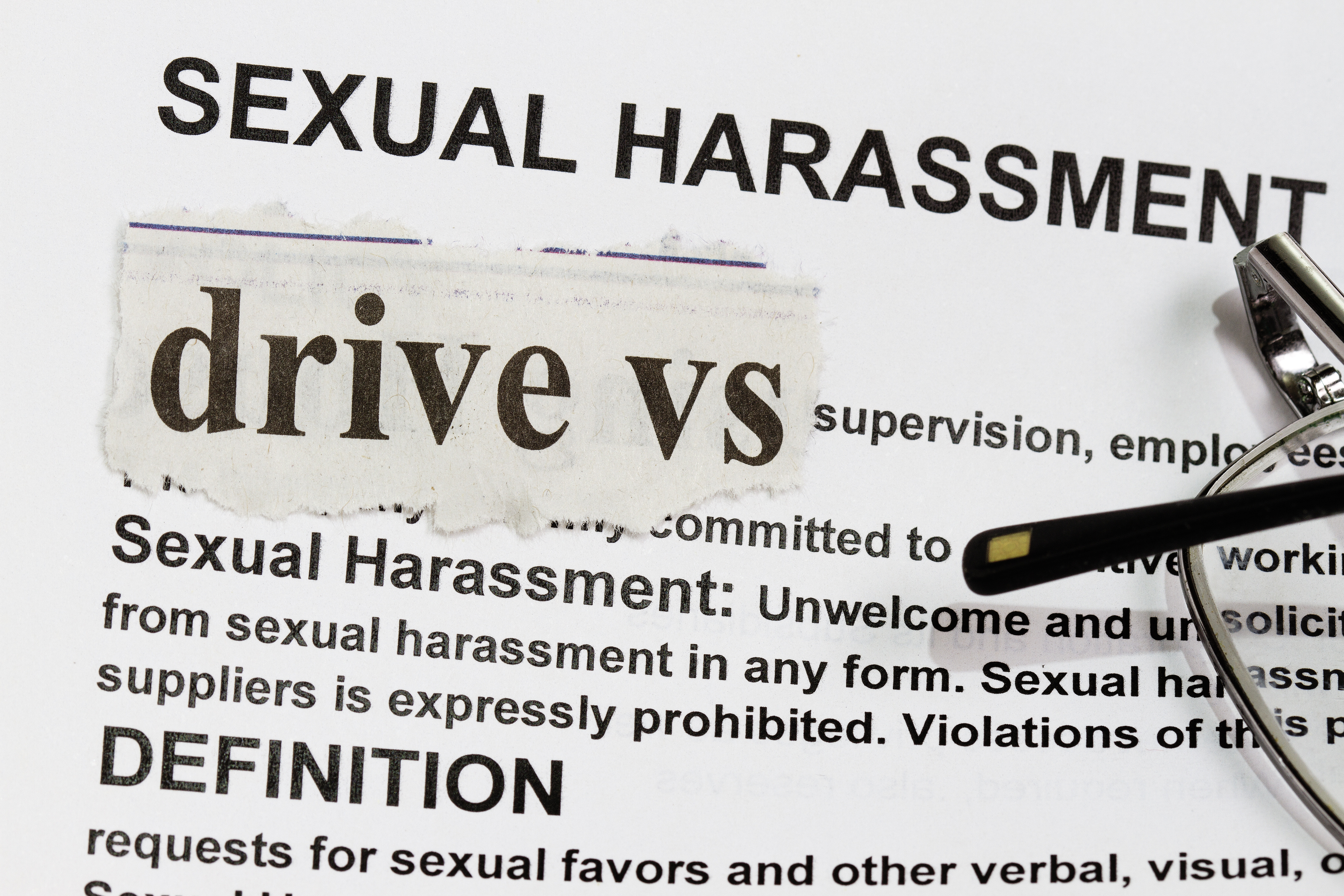HR Administration
An Open Letter to HR Professionals: Stop Enabling Sexual Harassment
By Colleen Striegel
Oct. 27, 2017
Dear HR sisters and brothers:
The recent Harvey Weinstein allegations have caused an outpouring of personal experiences with sexual harassment shared under the hashtag #metoo. What is deeply disturbing are the accusations that HR has been complicit and has failed to take appropriate action to address this scourge.
In Laurie Ruettimann’s Oct. 18 Vox post, “Let’s face it. HR is powerless to help women who are harassed,” she suggests that many of you are simply ignoring complaints of sexual harassment in your workplaces because HR’s function is to protect the company from employment-related risks.
Is that really how HR is thinking?
 It is a huge risk for companies when you consider the enormous cost of turnover, low productivity and poor morale that happens when complaints are ignored. Even more devastating and tragic is the debilitating harm to employees, not only to the employee experiencing the harassment but also to other employees who are deeply affected when learning of or seeing their colleagues being mistreated. Sexual harassment creates a hostile working environment and it cripples an organization.
It is a huge risk for companies when you consider the enormous cost of turnover, low productivity and poor morale that happens when complaints are ignored. Even more devastating and tragic is the debilitating harm to employees, not only to the employee experiencing the harassment but also to other employees who are deeply affected when learning of or seeing their colleagues being mistreated. Sexual harassment creates a hostile working environment and it cripples an organization.
One very important thing that you need to know that Ruettimann does not mention in her article: Sexual harassment in the workplace is illegal. It is a crime. If you fail to stop sexual harassment in your workplace, you are aiding and abetting criminals. You are breaking the law.

Ruettimann recommends that employees bypass you and form their own affinity groups or quit their jobs. I have a better idea, HR: Do your job and don’t participate in or allow criminal activity! There are effective actions you can take right now to rid your workplace of this scourge and be a champion for your employees. The law is on your side. Start now to:
- Inform everyone in your company, including your board of directors, that sexual harassment is illegal and you have a zero-tolerance policy. This means that anyone found to be harassing anyone in the workplace will be fired or kicked off the board. Full stop. No second chances.
- Make it very clear what is illegal behavior. This is straight from the Equal Employment Opportunity Commission: It is unlawful to harass a person (an applicant or employee) because of that person’s sex. Harassment can include “sexual harassment” or unwelcome sexual advances, requests for sexual favors, and other verbal or physical harassment of a sexual nature.
Harassment does not have to be of a sexual nature and can include offensive remarks about a person’s sex. For example, it is illegal to harass a woman by making offensive comments about women in general.
Both the victim and the harasser can be either a woman or a man, and the victim and harasser can be the same sex.
Although the law doesn’t prohibit simple teasing, offhand comments or isolated incidents that are not very serious, harassment is illegal when it is so frequent or severe that it creates a hostile or offensive work environment or when it results in an adverse employment decision (such as the victim being fired or demoted).
The harasser can be the victim’s supervisor, a supervisor in another area, a co-worker or someone who is not an employee of the employer, such as a client or customer.
- Inform everyone in your company that everyone is responsible for reporting sexual harassment in the workplace even if they are not the target. If you see something, say something! Failure to report is also cause for disciplinary action.
- Immediately suspend the alleged perpetrators and get them out of the work environment. Yes, you can still pay them while you conduct the investigation but you cannot take the risk of further harassment or interference with the investigation. If they communicate with the person(s) alleging harassment or talk to any potential witnesses while on suspension, fire them. (This will be policy.)
- Establish an independent third party confidential hotline for those who are afraid of reporting incidents of sexual harassment directly to you. Keep in mind that zero tolerance means that if you — the HR professional — fail to address sexual harassment in your workplace, you will be terminated.
The above strategies work. As a 30-year HR veteran, I have used these strategies to address sexual harassment, exploitation and abuse in very diverse settings from corporate to nonprofit, including international operations.
The bottom line for HR: No excuses. Take action now. Do not enable sexual harassment.
Colleen Striegel is the vice president for HR and administration at the American Refugee Committee, a humanitarian and relief agency based in Minneapolis with operations in Africa, Asia and the Middle East. She has worked with a United Nations agency team to investigate sexual abuse of refugees by aid workers in Africa and was a part of an independent task force charged with examining how allegations of clergy sexual misconduct were handled by the Archdiocese of St. Paul and Minneapolis.
Schedule, engage, and pay your staff in one system with Workforce.com.
Recommended
Compliance
Minimum Wage by State (2024)federal law, minimum wage, pay rates, state law, wage law compliance
Staffing Management
4 proven steps for tackling employee absenteeismabsence management, Employee scheduling software, predictive scheduling, shift bid, shift swapping
Time and Attendance
8 proven ways to reduce overtime & labor costs (2023)labor costs, overtime, scheduling, time tracking, work hours

